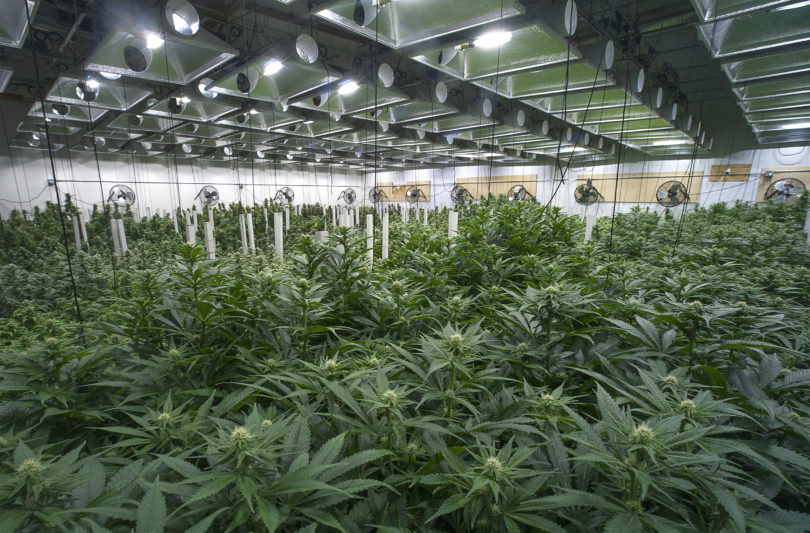Due to government oversight regarding cultivation licenses, California cannabis farmers are at risk of losing thousands of dollars this season.
The temporary business licenses issued by the state are expiring day by day, but the state has yet to replace them with annual permits. Now, California cultivators are faced with a difficult decision: shut down shop and risk losing everything they’ve worked for this year, or continue operating without a license. Spring marked the beginning of the outdoor growing season in California and many cultivators planted their crops with the expectation that state regulators would have the annual permits ready in time.
Unfortunately, that hasn’t been the case and lawmakers in Sacramento have been slow to address the issue. As of April 16th, around 3,000 temporary permits had already expired and the California Department of Food and Agriculture (CDFA) has only issued 62 annual licenses and 564 provisional permits. That leaves thousands of farmers in a state of cultivation limbo.
“I do believe the state will get our license approved in time,” said Wendy Kornberg, CEO of Sunnabis, a cultivator in Humboldt County whose license expired on April 17th. “I have to believe that, otherwise we lose everything. I would lose my home. I would lose my land. I would lose my farm. We would have nothing left.” We have no update yet as to whether the state has issued Sunnabis their annual license yet or not.
According to Mikal Jakubal, owner of cannabis nursery Plant Humboldt, “Those of us who already started seeds have no choice but to grow them out,” he said. “If we were to shut down, we’d go bankrupt and we wouldn’t start up again.” His license expired on March 31st but he did not shut down operations. “The seasons don’t wait,” he added. “The calendar doesn’t stop because the regulators are twiddling their thumbs.”
Pamela Epstein, a Los-Angeles based cannabis attorney has many clients whose permits lapsed despite them having applied for annual licenses as early as last year. She noted there is a “lack of urgency” among CDFA regulators. “If you don’t have an active state license, you’re not allowed to conduct commercial cannabis activity,” Epstein said. “That means planting, harvesting, caring for those plants. It means everything. The entire program is prefaced off of having cannabis. If you have no cannabis that is cultivated lawfully, then you are responsible for the uptick in the illicit market and the eventual rise in prices.”
For more industry news and information on regulations, make sure to subscribe to our Weekly Newsletter, the top source for all things cannabis-related.
